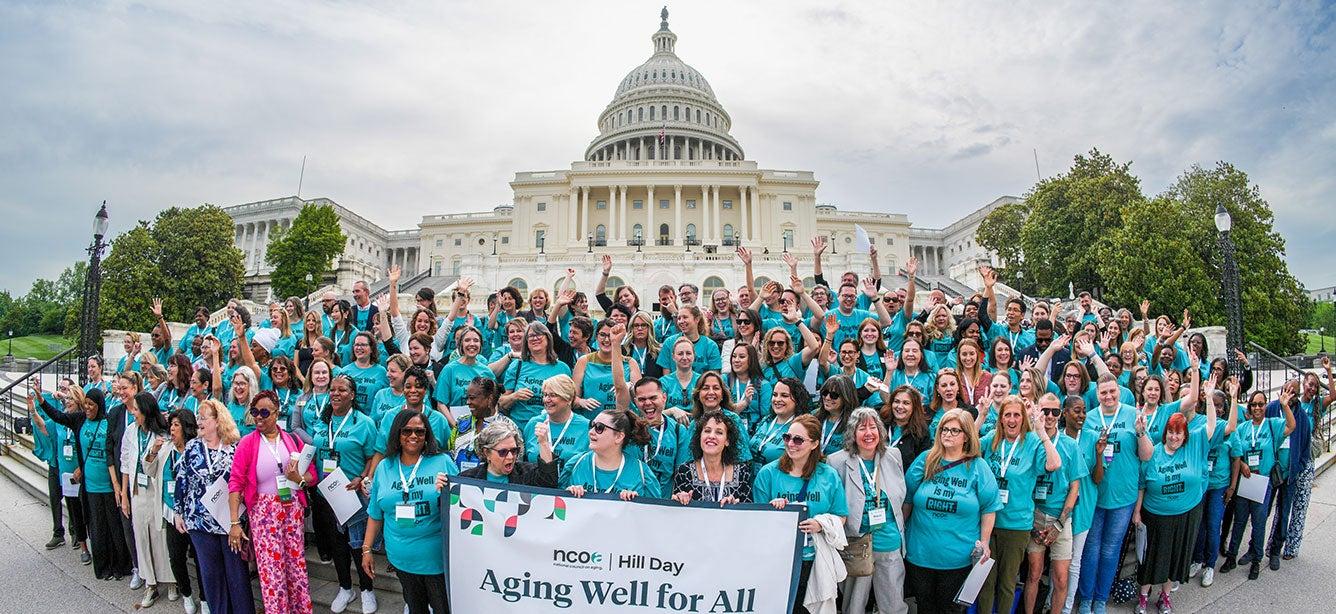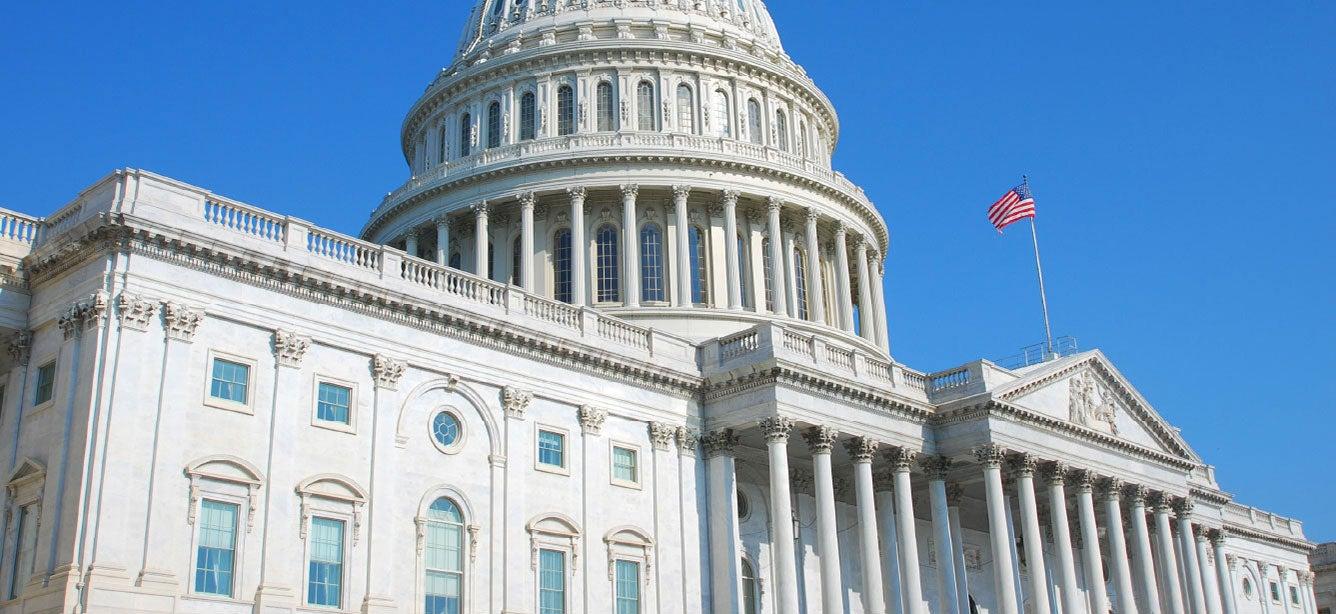
Related Topics
The Older Americans Act (OAA) is a powerful and important law that establishes priorities and operations for key programs and services that help keep our nation's adults age 60 and older healthy and independent. First enacted in 1965, the law has been updated several times through the “reauthorization” process, most recently in 2020 with another due in 2024.
But guidance on how to implement the law, which comes through federal regulations, hasn't been substantially changed or updated since 1988.
Now that the U.S. Administration for Community Living is modernizing the law's regulations, organizations like NCOA had the opportunity to weigh in on the importance of ensuring the law protects everyone's ability to age well.
In a letter sent to ACL Acting Administrator and Assistant Secretary for Aging Alison Barkoff on Aug. 14, 2023,
NCOA applauds ACL and the Aging Network for engaging in this once-in-a-generation opportunity to shape the core OAA programs.
"We strongly support most of ACL’s proposed updates, especially regarding:
- Localized flexibility in determining economic need;
- Expanded caregiver support; and
- Modernized nutrition programs."
Specifically, the letter calls for:
- Promoting the flexibility of area agencies on aging to determine economic need (including recommending using the Elder Index as more accurate rather than the Federal Poverty Level, "an outdated measure of poverty that does not account for other economic factors such as inflation, geographic differences in cost of living, housing, and health care costs.")
- Updating guidance on contracts and commercial relationships
- Retaining, streamlining, and update guidance on focal points
- Expanding access to nutrition programs to reflect new realities and innovation
- Strengthening and updating Title III Part D Disease Prevention and Health Promotion
Read the full letter:



